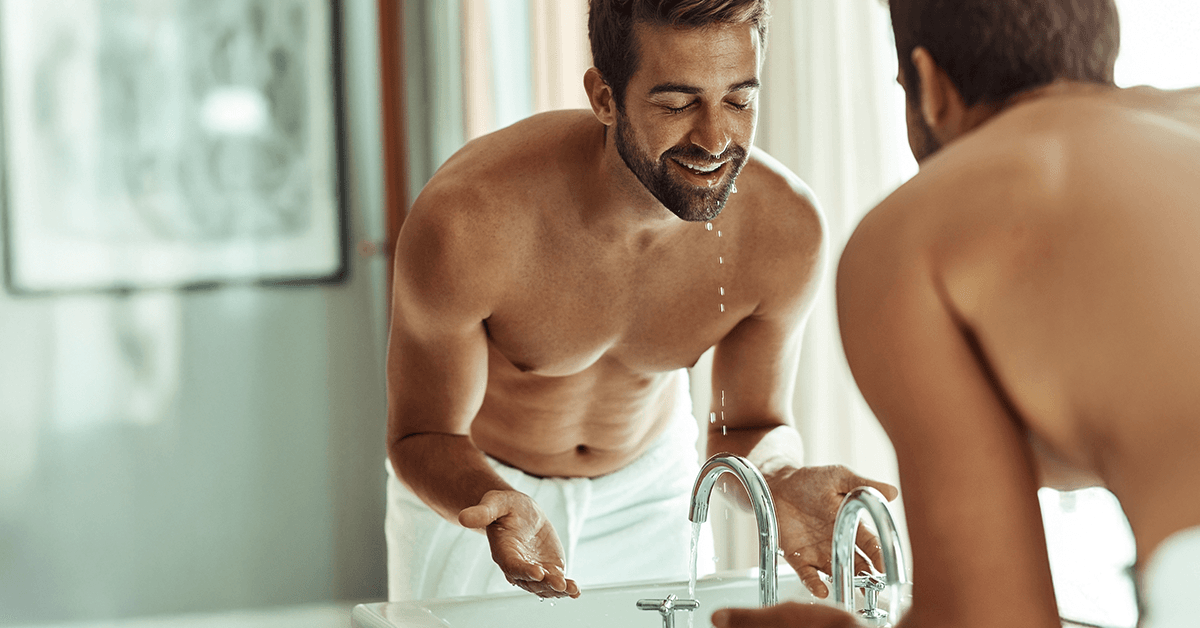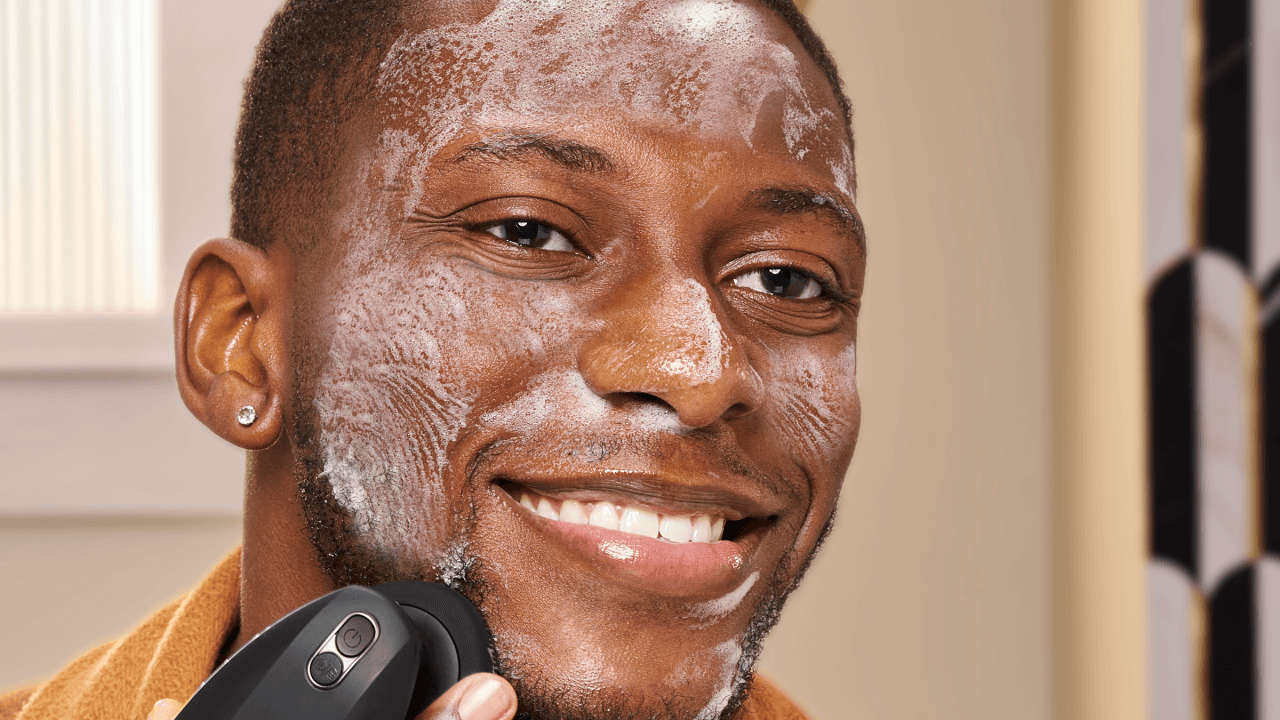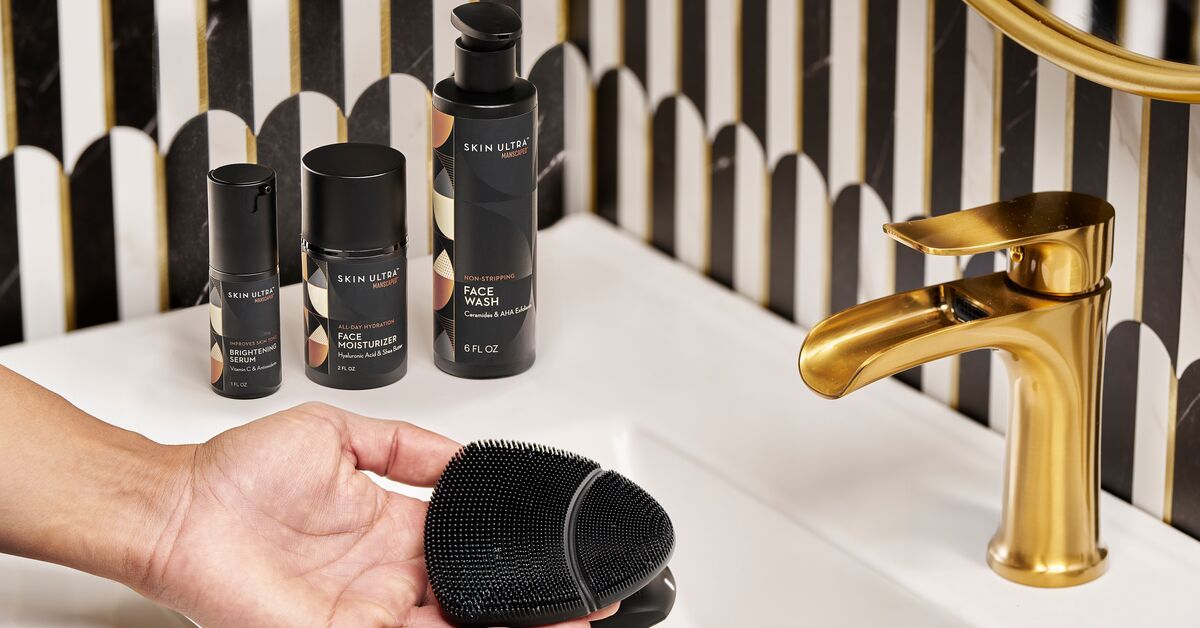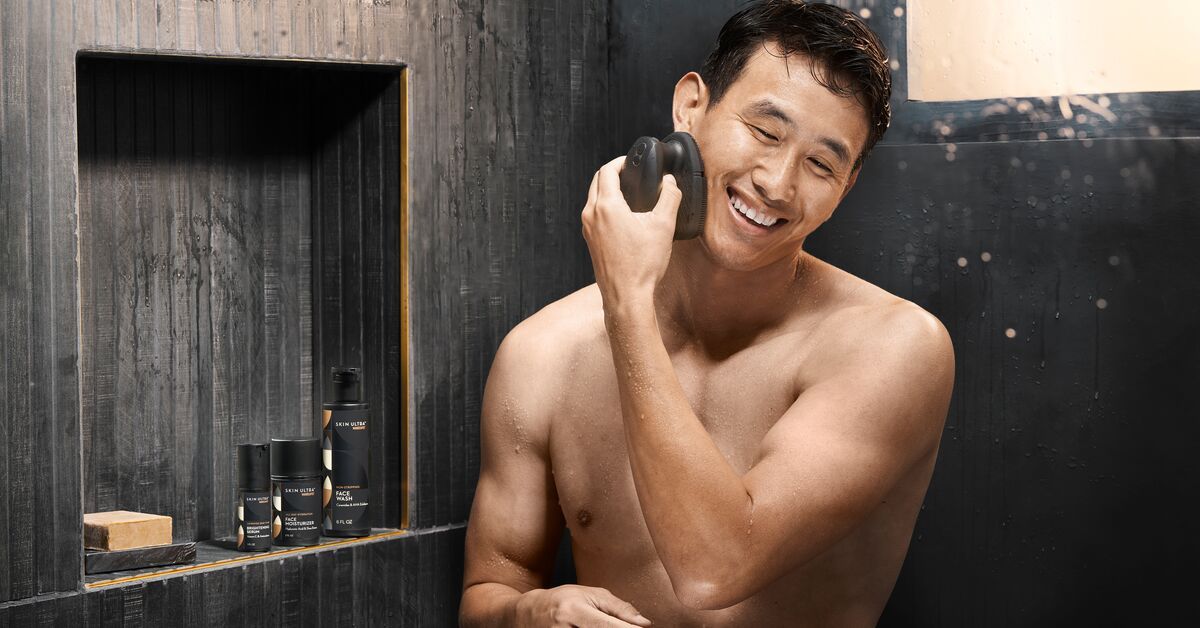
Should You Wash Your Face with Hot or Cold Water?
It’s a question that pops up often—especially if you’re dealing with dryness, acne, or sensitive skin. The truth (YOU CAN HANDLE THE TRUTH) the temperature of the water you use plays a bigger role in your skincare routine than you might think. Whether you're trying to calm inflammation, get a deep cleanse, or simply improve your skin texture, water temperature matters.
What happens to your skin when you use hot water?
Hot water might feel relaxing, but it’s not always skin friendly.
- It *doesn’t* open your pores. Contrary to popular belief, hot water doesn’t “open” pores—they don’t have muscles to open or close. Heat may soften sebum and help dislodge dirt, but there’s no actual opening involved.
- It strips natural oils. Hot water can wash away the skin’s protective oils, leading to dryness and irritation.
- It increases skin sensitivity. For sensitive or acne-prone skin, hot water can trigger inflammation, redness, or even flare-ups.
- Best to use in the PM: Use lukewarm water to remove the day’s buildup—oil, dirt, sunscreen, and makeup. It preps your skin for overnight recovery.
Why cold water is king.
Cold water offers a few refreshing benefits—but also some limitations.
- Soothes inflammation: Cold water can calm irritated skin, reduce puffiness, and temporarily ease redness—especially after sun exposure or shaving. Additionally, it seals in moisture and gives the skin a healthy glow
- Tightens appearance of pores: While cold water doesn’t close pores, it can cause blood vessels to constrict, making pores appear smaller.
- Boosts circulation (temporarily): A splash of cold water in the morning can help wake up the skin and improve tone.
- May not cleanse deeply: Cold water alone may not remove oil and grime effectively, especially if you wear makeup or sunscreen.
- Best to use in the AM: Cold water can help reduce puffiness and boost circulation. It’s a great wake-up splash.
What the experts say.
"Lukewarm water is ideal—it preserves the skin’s natural oils while allowing effective cleansing," says Dr. Dennis Gross, board-certified dermatologist.
And most dermatologists agree: lukewarm water is your skin’s best friend.
- Lukewarm water is best. It’s warm enough to loosen dirt and oil but cool enough to avoid irritation.
- Cold rinses are a bonus. A cold splash after cleansing can reduce puffiness and boost skin tone—but shouldn’t replace cleansing.
- Avoid extremes. Too hot or too cold can disrupt your skin barrier, leading to dryness or breakouts.
- Balance is key. Start with lukewarm water, then finish with a cold splash if your skin enjoys it.
What water temperature is best for different skin types?
- Oily Skin: Use lukewarm water to help dissolve oil and unclog pores. You can follow with a cold rinse to tighten the appearance of pores and reduce shine.
- Dry Skin: Stick with lukewarm water only. Cold water may not cleanse properly, and hot water can strip away essential hydration.
- Acne-Prone Skin: Use lukewarm water and a gentle, non-comedogenic cleanser. Cold water won’t fight bacteria, and hot water may worsen inflammation.
- Sensitive Skin: Avoid extremes. Always go for lukewarm to prevent irritation, redness, or flare-ups.
- Mature or Aging Skin: Lukewarm water paired with hydrating products is key. Avoid hot water, which can weaken the skin barrier and accelerate fine lines.
Put your best face forward. Here’s your simple routine by MANSCAPED®.
Better-looking skin starts with this three-step routine.
1. Cleanse
Apply one pump of Face Wash onto damp hands or The Face Buffer Pro, massage in circular motions onto face and neck, and rinse thoroughly.
2. Brighten
Apply one to two pumps of Brightening Serum to a freshly cleansed face, count to 30, and wait for it to dry. Then, apply moisturizer.
3. Hydrate
Apply one pump of Face Moisturizer to freshly cleansed skin, all over your face and neck.
4. Bonus Tip:
Exfoliate 1–2 times per week to remove dead skin cells and improve product absorption.
Myth Busting
-
Myth: Hot water opens pores
Truth: Pores don’t open or close—they only appear larger or smaller.
-
Myth: Cold water closes pores
Truth: Cold water may temporarily tighten the skin but doesn't physically close pores.
-
Myth: More heat = cleaner skin
Truth: Excessive heat can strip your skin and worsen breakouts.
FAQs
1. Should you use hot water to clean oily skin? No—lukewarm is better. Hot water may over-strip oil, triggering even more oil production.
2. Is cold water bad for acne? Not necessarily, but it won’t deeply cleanse. Use cold water after a lukewarm cleanse to reduce inflammation.
3. Can hot water cause wrinkles or aging? Over time, yes. Frequent use of hot water can damage your skin barrier and lead to premature aging.
4. Is lukewarm water better for sensitive skin? Yes—it's the safest, most balanced option.
5. Can water temperature really affect your skincare routine? Absolutely. The right temperature supports your products and protects your skin barrier.
Final verdict.
When it comes to how to wash your face correctly, lukewarm water is the sweet spot. It’s gentle, effective, and works for all skin types. Cold water can be a refreshing bonus—especially as a final rinse—but skip the hot water unless you're after dry, irritated skin (which we’re guessing you’re not).
So, the next time you wonder should I wash my face with cold or warm water, think balance—not extremes.
05.09.25
Share

Featured Articles
- Your Favorite Ball Deodorant. Now with a New Scent: Perservere.MANSCAPED® + TCS for Testicular Cancer Awareness MonthIntroducing The Lawn Mower® 5.0 Ultra TCS Special Edition and TCS Ball Hero BundleThe Dome Shaver™ Pro vs. The Dome Shaver™ Plus: Which Should You Choose?The Chairman™ Pro vs. The Chairman™ Plus: Which Should You Choose?



